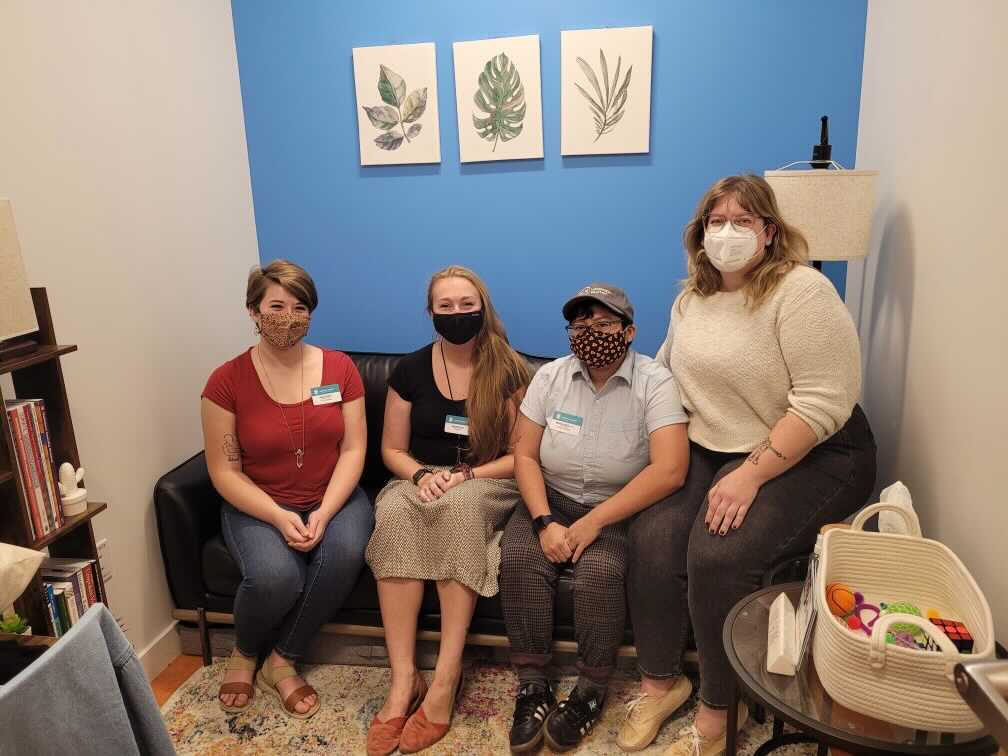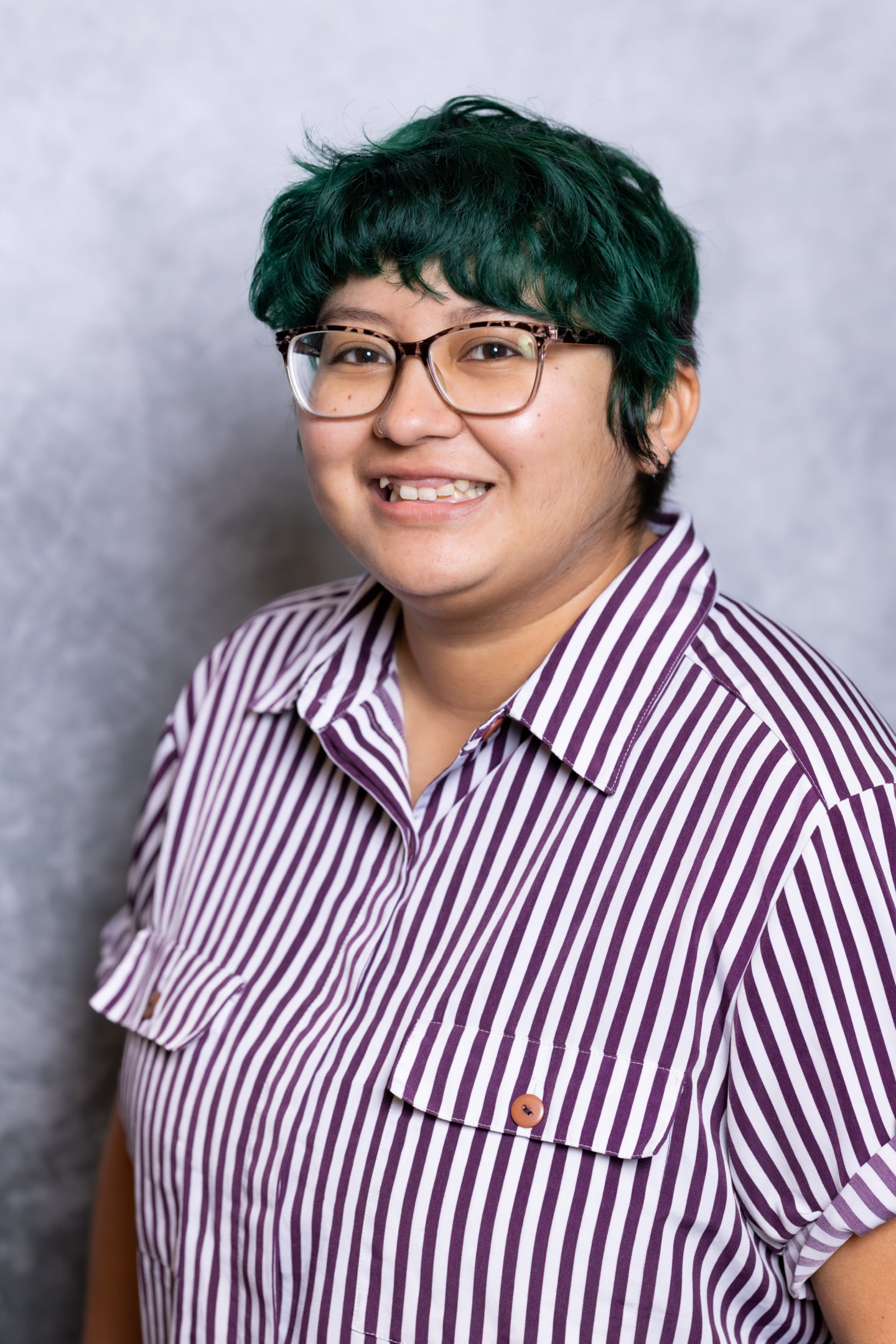Internships
Social Service and Mental Wellness Internships
Our robust social service and mental wellness internships offer a unique hands-on internship experience for graduate students.
The goals of this program include:
- Engaging aspiring counselors and social workers with our mission;
- Providing rigorous professional workplace experience;
- Building relationships with a dedicated cohort of fellow interns, staff and volunteers;
- Improving clinical skills with a wide variety of clients and needs;
- And learning through top-notch supervision from experienced staff.
Nourishing Hope’s interns work alongside staff to provide services to individuals, couples and families. Throughout the internship, each student participates in projects that are driven by their interests within their field. Projects include employment support groups, counseling groups, and deep dives into the intersections of their field of study and food security.
Internships play a vital role in the education of social work and counseling students, and Nourishing Hope strongly believes in the importance of training future leaders of the field. Our funding largely comes from individual, corporate and foundation support. This allows us to offer programs that meet the unique needs of those coming to us for support, and give our clinicians a wide range of experiences. Our trauma-informed social work and counseling programs put the person first, as opposed to appeasing insurance companies, creating a more worthwhile experience for everyone involved.
Eligibility
Our social service and mental wellness internships are open to master’s level graduate students.
We expect all Nourishing Hope interns to embrace diversity, equity and inclusion. They must also hold themselves and others accountable for a representative and welcoming workplace for all. We are committed to ensuring that our organization reflects the populations we serve.
Students of color, bilingual students (Spanish, Russian and Polish preferred), and those with lived experience of food insecurity are strongly encouraged to apply.
Nourishing Hope requires all members of our team to be fully vaccinated against COVID-19, including a booster, when eligible. Offers are contingent upon proof of full vaccination and booster or proof of medical/religious exemptions.
How to Apply
Applications for our social service and mental wellness internships are accepted on a rolling basis.
To learn more and apply for an internship with Nourishing Hope, email Csilla Megyeri, Director of Social Services, at [email protected]. Please attach a resume and cover letter to your email.

Meet our Supervisors
Supervision allows for the development of clinical skills by discussing overarching concepts that might influence an intern’s approach as a therapist in the future.

Marina Silva, LCSW
Bilingual Clinical Therapist
Marina uses reflective supervision and relational social work to create a safe space for new clinicians to grow and learn about the mental health field. She invites interns to experiment with their clinical skills, explore mental health agency duties, and better understand their unique value as they enter the field.

Csilla Megyeri, LCSW
Director of Social Services
As a clinical supervisor, Csilla hopes to create an environment tailored to each person’s clinical and professional goals. She sees supervision as a safe place to learn clinical skills as related to clients, clinical skills as related to professional development, and administrative skills as related to general work settings.